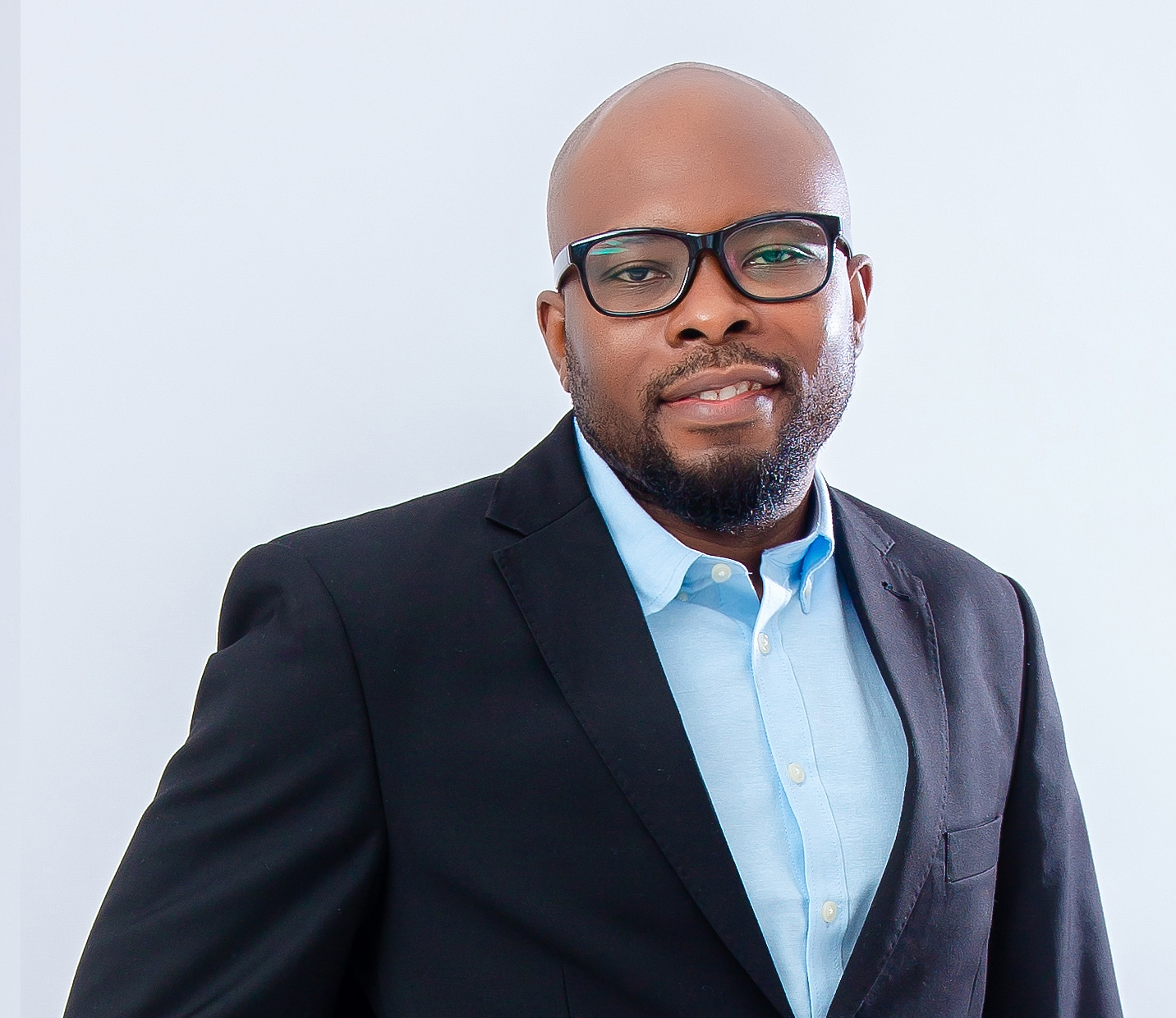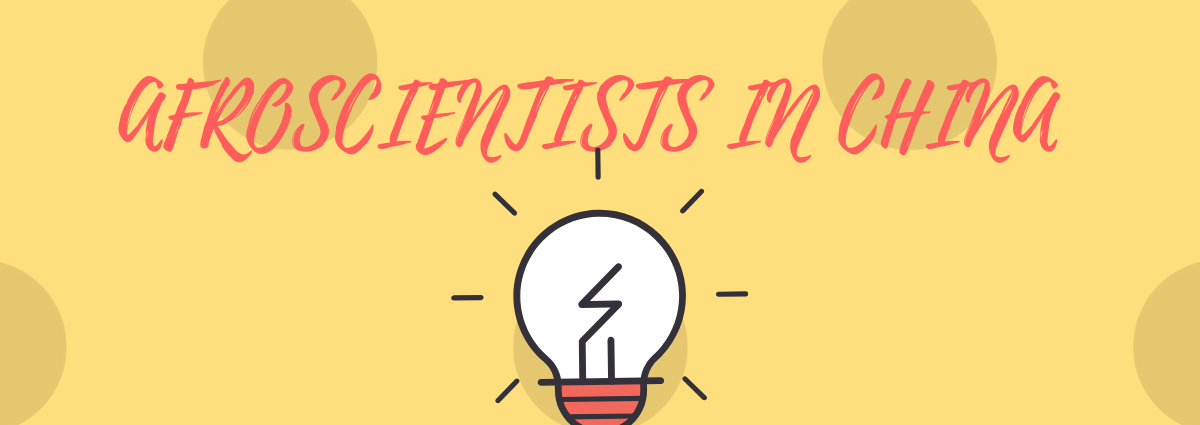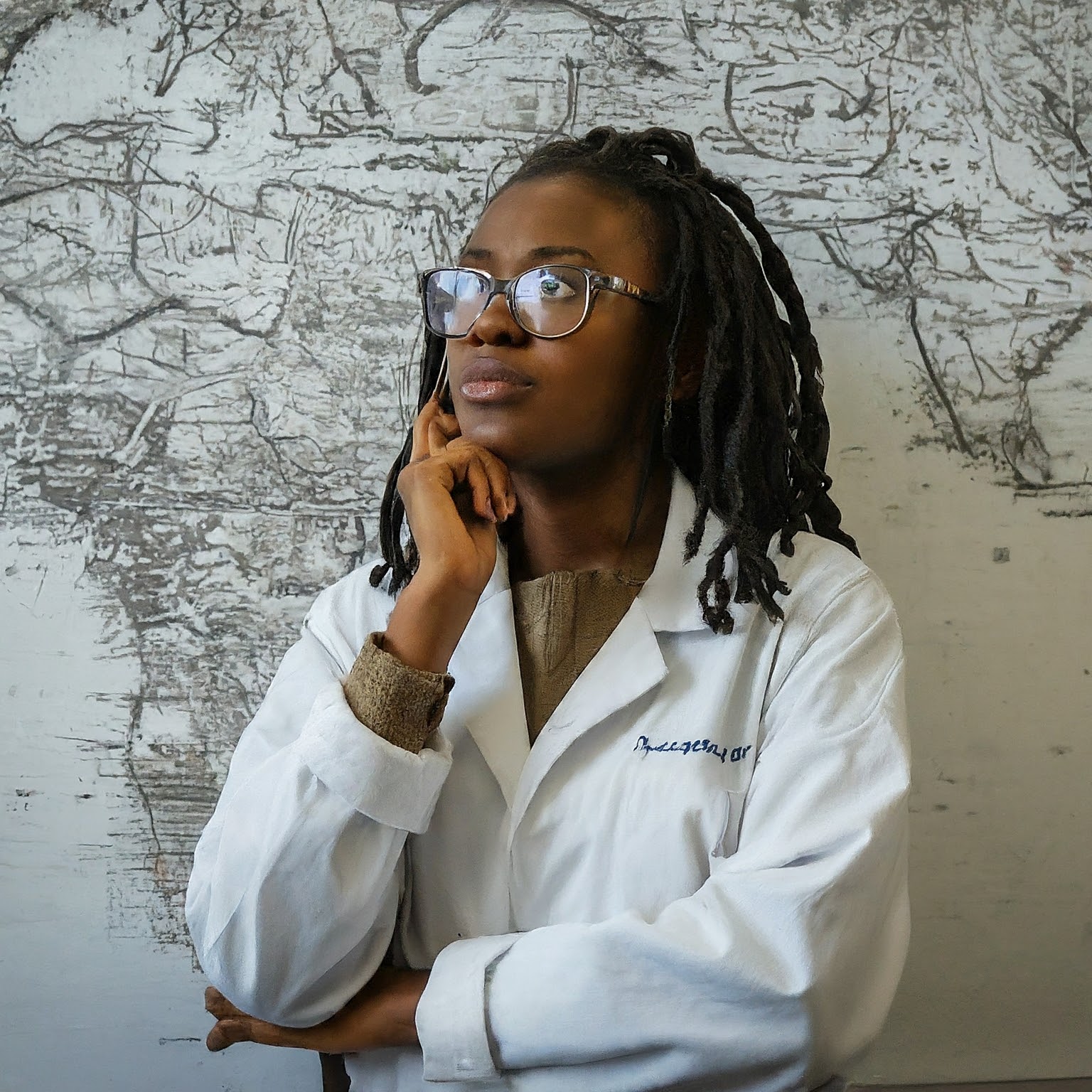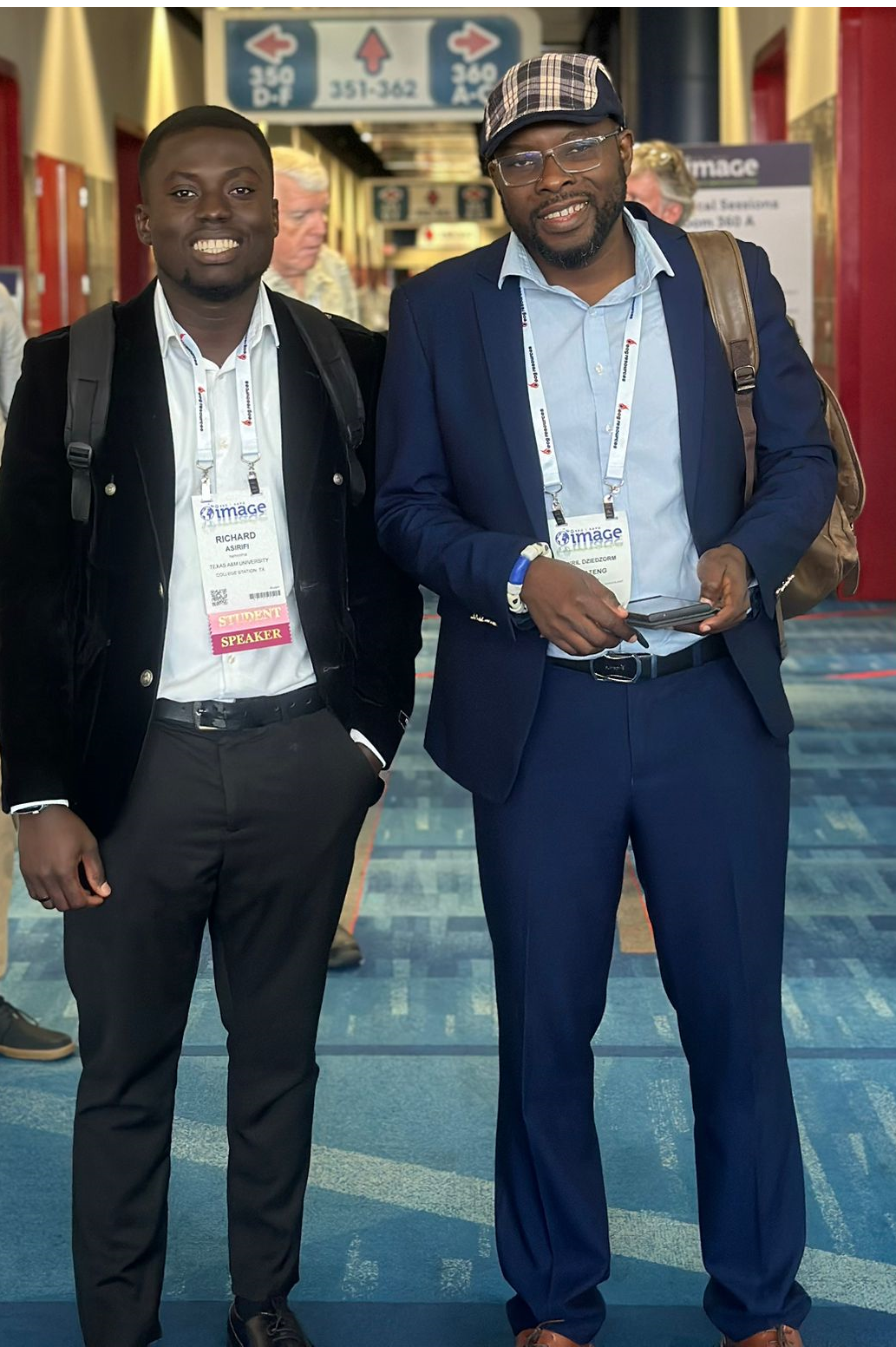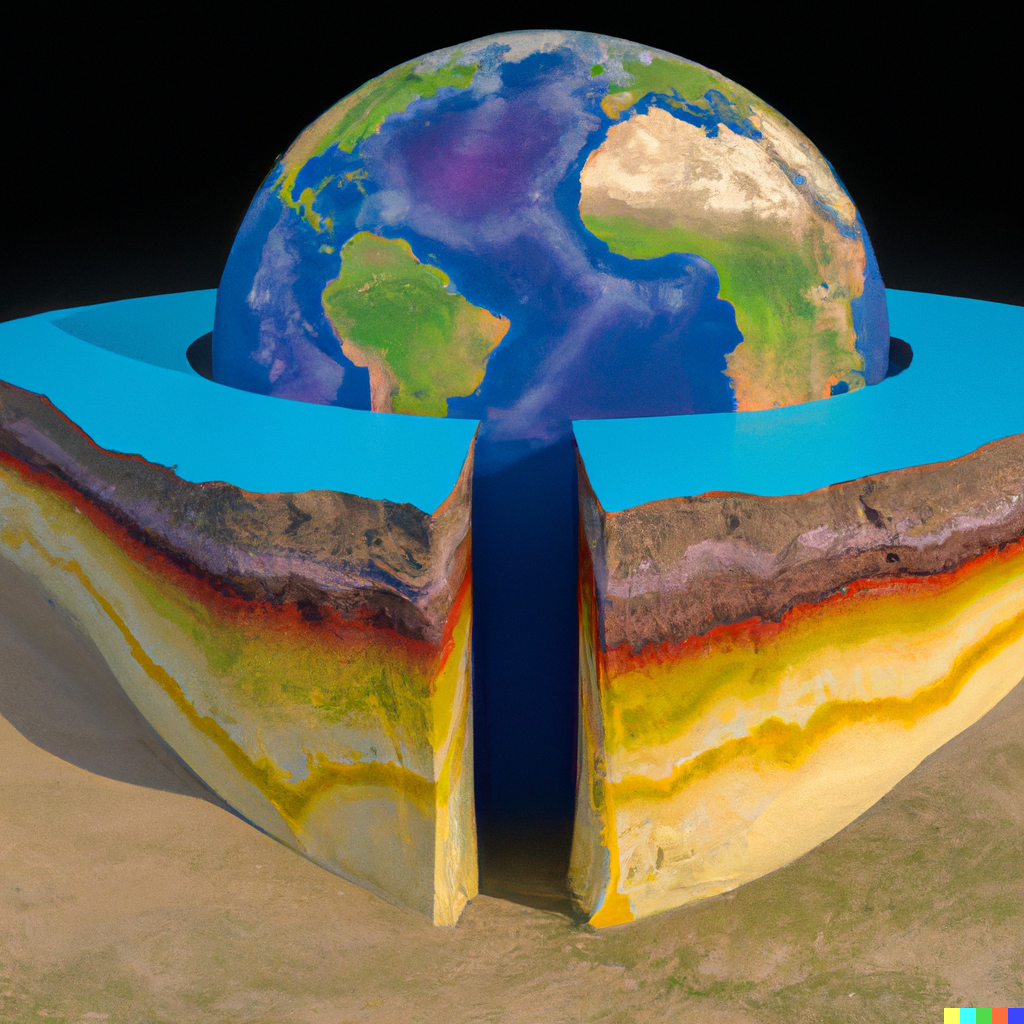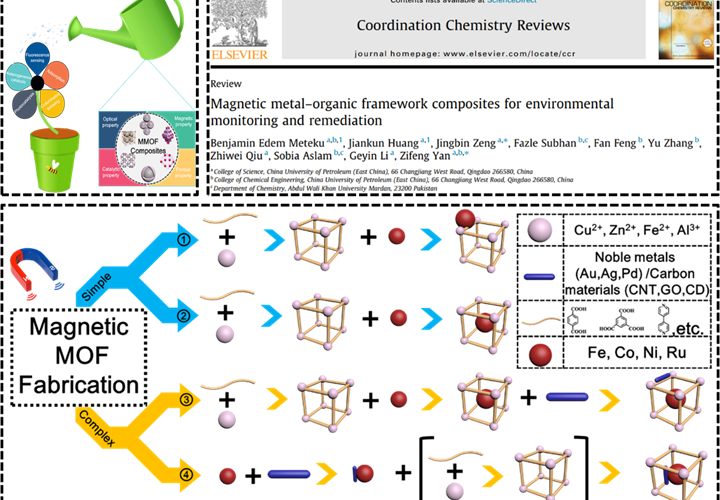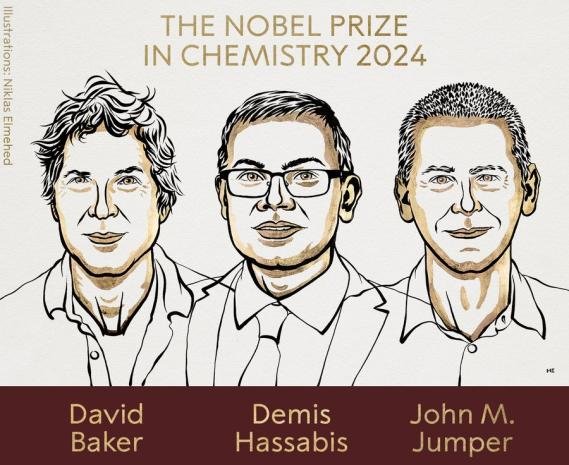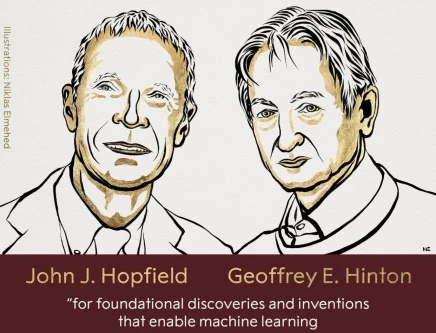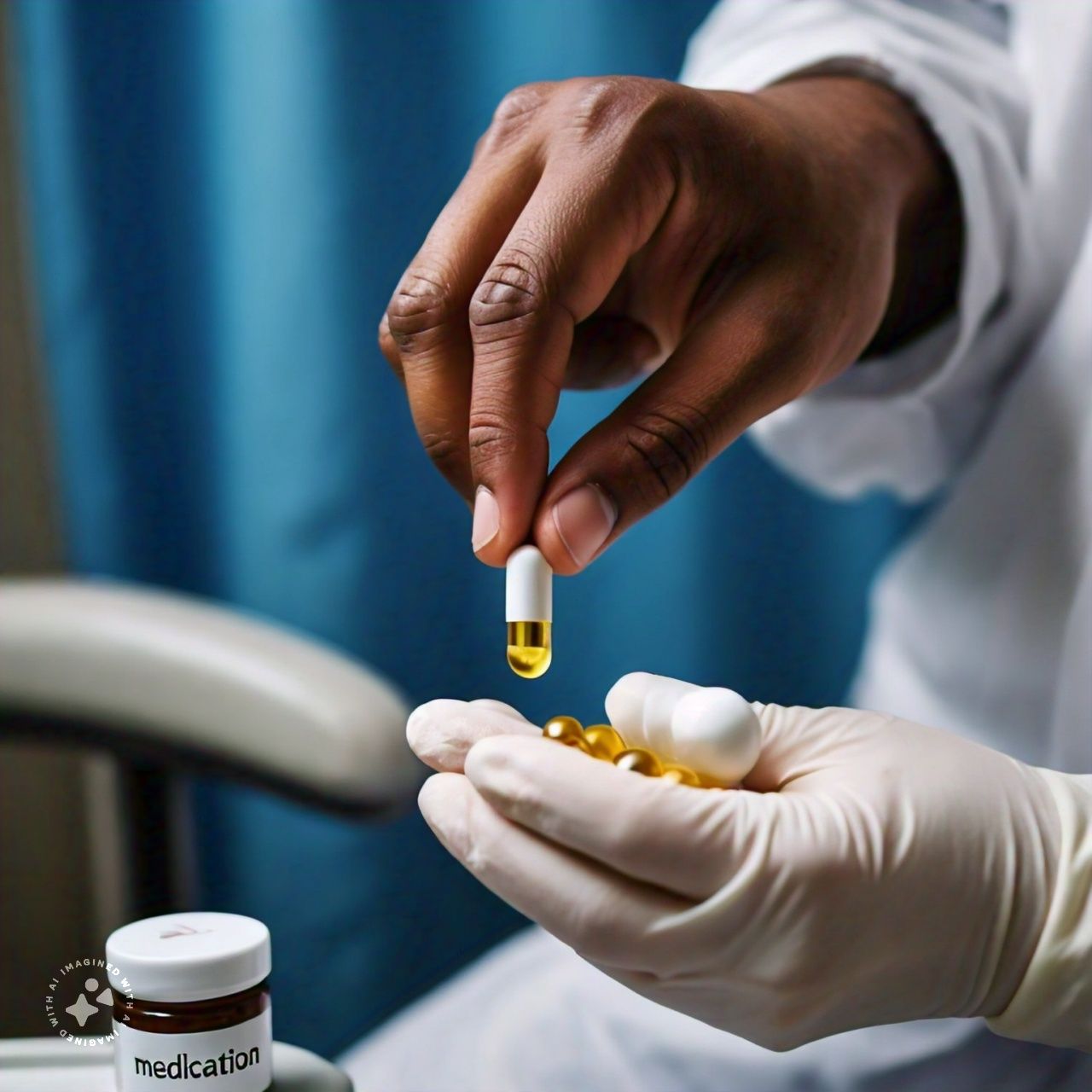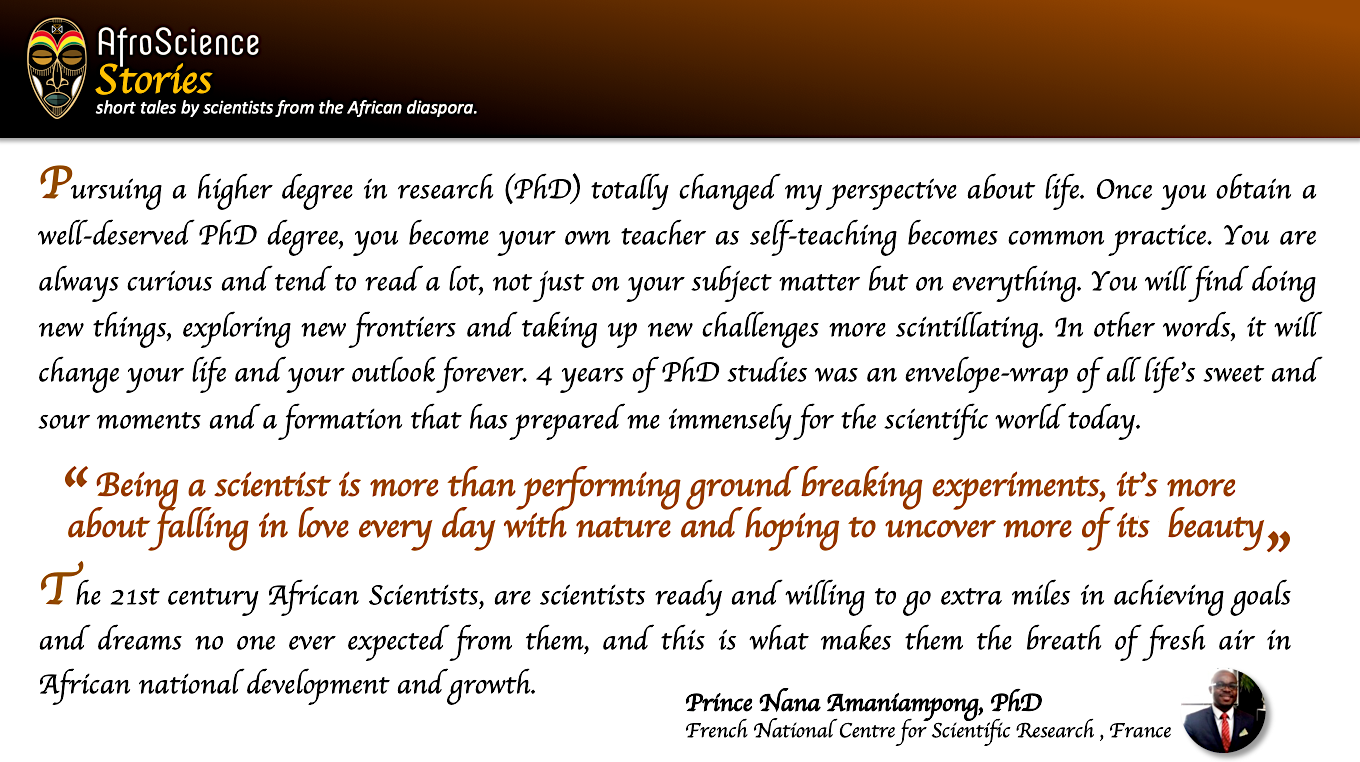One of the biggest problems in the world today is cancer and Ozioma is at the forefront of research tackling this challenge. His current research focuses on the development and application of targeted nano-scaled biomaterials for image-guided cancer therapy. Cancer accounts for a large number of deaths globally and its early detection and efficacious treatment remain a hurdle for scientists.
It is often said that curiosity killed the cat. What we are not often told is that no development in human history has ever been ignited without “a curious human”. In Africa, young ones are discouraged from asking too many questions or poking their noses where they do not belong. Well, Ozioma Udochukwu Akakuru never got that memo. His life has been dedicated to curiosity and the search for the mysteries of nature. “My interest in STEM was born from the unanswered scientific questions I had as a young man during my days in high school”, says Ozioma. He gave himself a life goal of delving into science for answers that can be used as effective tools for the development of his country, Nigeria.
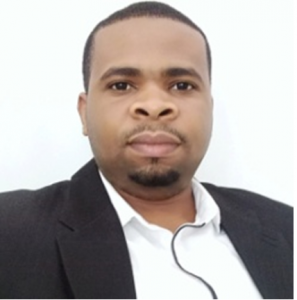 One of the biggest problems in the world today is cancer and Ozioma is at the forefront of research tackling this challenge. His current research focuses on the development and application of targeted nano-scaled biomaterials for image-guided cancer therapy. Cancer accounts for a large number of deaths globally and its early detection and efficacious treatment remain a hurdle for scientists. In the past, various efforts have been made to develop and improve cancer diagnosis and treatment. Ozioma says, “my research on the diagnosis and treatment of cancer with nano-sized biomaterials contributes to the advancement of the clinically available diagnostic modalities and materials for treating cancer as a disease that greatly ravages the society”. He has published significant research advancements in reputable journals such as Chemical Society Reviews, Applied Materials Today, Nano Letters, Small, Biomaterials, Nanoscale, and Advanced Healthcare Materials. He has also published a book chapter with Wiley and Sons Ltd. Taken together, Ozioma has over 60 peer-reviewed publications. With this level of success, Ozioma Udochukwu Akakuru will like to continue his research on enhancing the diagnosis and treatment modalities of cancer in the future. He believes that his research can ultimately be leveraged to improve the otherwise low detection rates of cancer and its associated therapy in African countries.
One of the biggest problems in the world today is cancer and Ozioma is at the forefront of research tackling this challenge. His current research focuses on the development and application of targeted nano-scaled biomaterials for image-guided cancer therapy. Cancer accounts for a large number of deaths globally and its early detection and efficacious treatment remain a hurdle for scientists. In the past, various efforts have been made to develop and improve cancer diagnosis and treatment. Ozioma says, “my research on the diagnosis and treatment of cancer with nano-sized biomaterials contributes to the advancement of the clinically available diagnostic modalities and materials for treating cancer as a disease that greatly ravages the society”. He has published significant research advancements in reputable journals such as Chemical Society Reviews, Applied Materials Today, Nano Letters, Small, Biomaterials, Nanoscale, and Advanced Healthcare Materials. He has also published a book chapter with Wiley and Sons Ltd. Taken together, Ozioma has over 60 peer-reviewed publications. With this level of success, Ozioma Udochukwu Akakuru will like to continue his research on enhancing the diagnosis and treatment modalities of cancer in the future. He believes that his research can ultimately be leveraged to improve the otherwise low detection rates of cancer and its associated therapy in African countries.
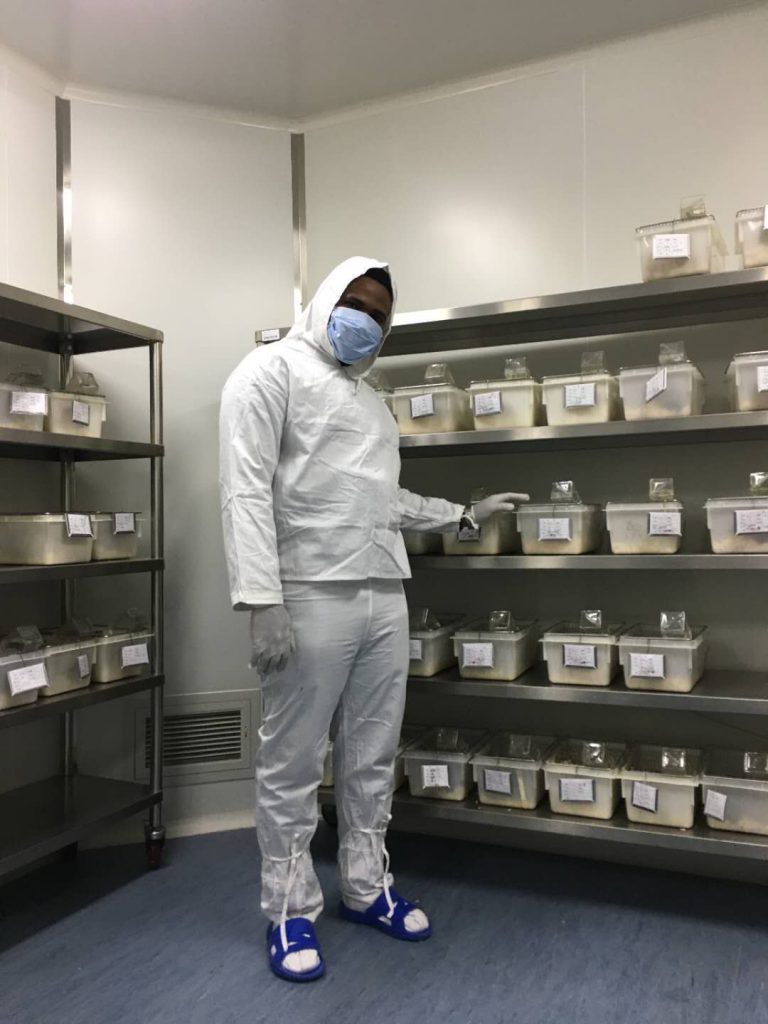 As with many early career researchers from Africa, Ozioma says he initially viewed his Bachelors and Masters education on the continent as a weakness because it affected his scientific background and research capabilities. On the other hand, the challenge of studying in Africa instilled a resilient attitude and the ability to take the initiative in research. And this has been very beneficial for his current studies and career. His career has also been greatly influenced by his mentor Prof. Ikenna Onyido of the Department of Chemistry, Nnamdi Azikiwe University, Awka, Nigeria. Ozioma is currently a PhD student (Biomedical Science) at the University of Chinese Academy of Sciences, China, and also a Chemistry Lecturer in a public University in Nigeria. His PhD studies are jointly sponsored by The World Academy of Sciences and the Chinese Academy of Sciences, following an award that he won in 2017. Ozioma’s days at work are devoted to satisfying his curiosity, trying new things, and continuing old experiments with improved ideas. The cherry on the cake is when one gets a thrilling unexpected result.
As with many early career researchers from Africa, Ozioma says he initially viewed his Bachelors and Masters education on the continent as a weakness because it affected his scientific background and research capabilities. On the other hand, the challenge of studying in Africa instilled a resilient attitude and the ability to take the initiative in research. And this has been very beneficial for his current studies and career. His career has also been greatly influenced by his mentor Prof. Ikenna Onyido of the Department of Chemistry, Nnamdi Azikiwe University, Awka, Nigeria. Ozioma is currently a PhD student (Biomedical Science) at the University of Chinese Academy of Sciences, China, and also a Chemistry Lecturer in a public University in Nigeria. His PhD studies are jointly sponsored by The World Academy of Sciences and the Chinese Academy of Sciences, following an award that he won in 2017. Ozioma’s days at work are devoted to satisfying his curiosity, trying new things, and continuing old experiments with improved ideas. The cherry on the cake is when one gets a thrilling unexpected result.
On the whole, Ozioma has been impressed by the cutting-edge research and facilities in China. These have facilitated impressive results for his research and has competitively positioned him among his peers anywhere around the globe. In the end, Ozioma advocates for encouraging curious young minds in Africa for they will grow to change the destiny of the continent.
Conflict Of Interest
The views and opinions expressed in this article are those of the author, and they do not purport to reflect the policies, opinions, or views of the AfroScience Network platform.
Disclaimer
This article has not been submitted, published or featured in any formal publications, including books, journals, newspapers, magazines or websites.
Be the first to comment
Please login to comment

